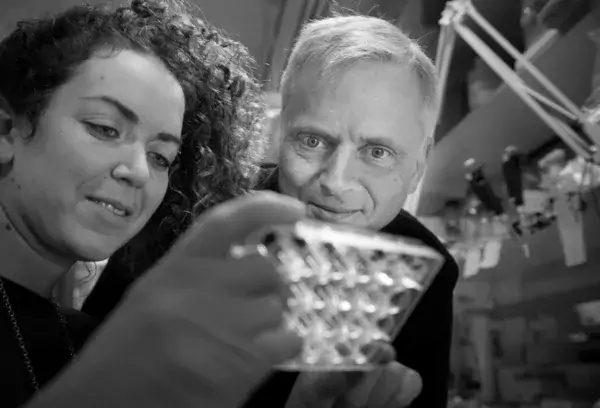
Research at Karolinska Institutet
Karolinska Institutet accounts for the single largest share of all academic medical research conducted in Sweden. The research spans the entire biomedical field — from basic experimental research to clinical studies in collaboration with the health care system. Pioneering research is conducted here in, for example, cancer, neuroscience, immunology, epidemiology, nursing and global health.
Resources in brief
 Photo: N/A
Photo: N/A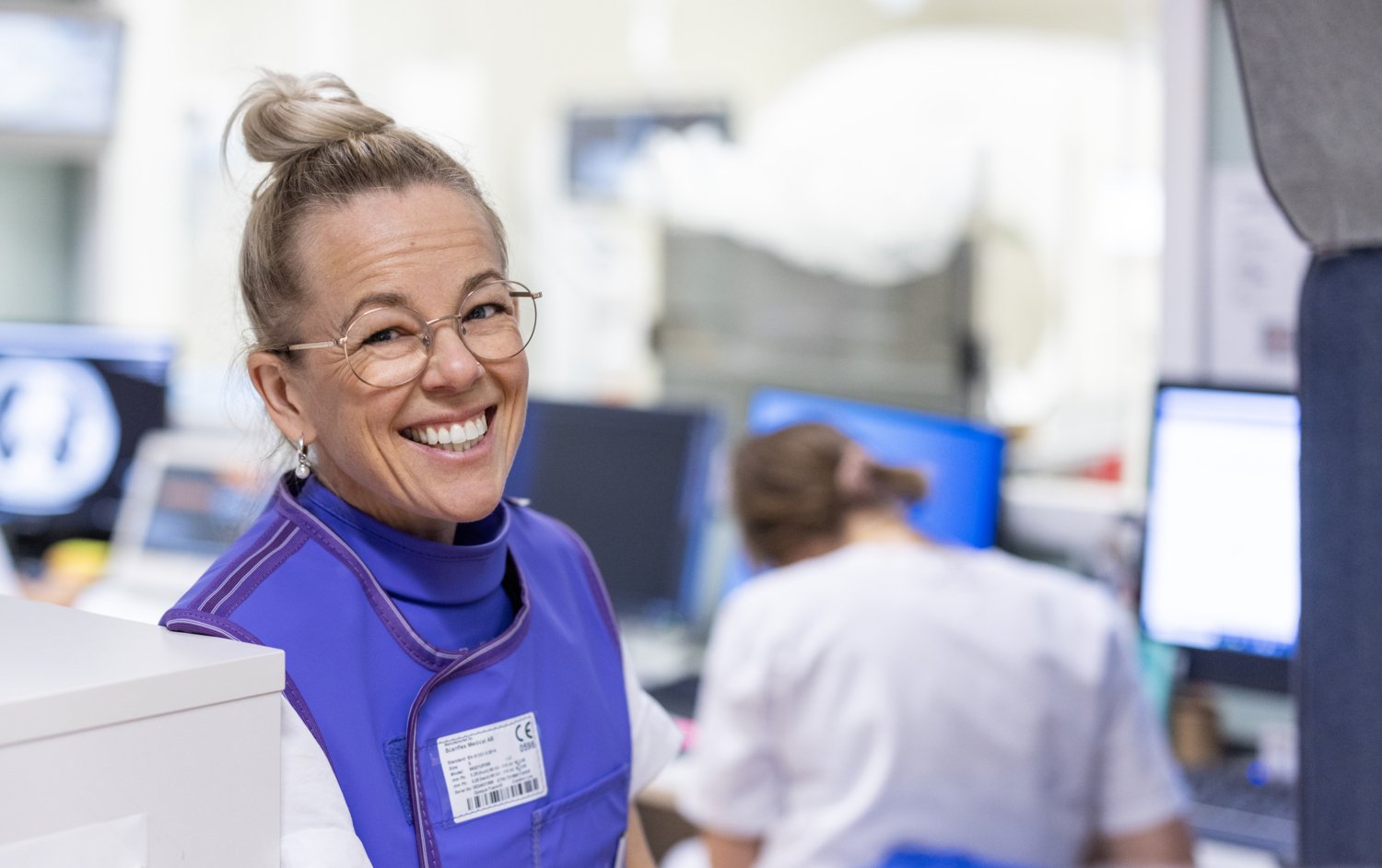 Photo: Liza Simonsson
Photo: Liza SimonssonWhy become a researcher at KI?
Academic freedom and work-life balance are two aspects that attract many researchers and lecturers to Sweden and Karolinska Institutet. As a researcher here, you will have the right to commercialise your research, and even get support from the university in doing so. Find out more about the many benefits of working at KI.
 Photo: Pixabay
Photo: PixabayResearch groups by subject
Karolinska Institutet has about 800 teams, groups and larger units in research, distributed across 21 departments and three departmental or campus groups. Find an overview of these groupings by research subject, based on the Swedish standard classification.
 Photo: Niklas Norberg Wirtén
Photo: Niklas Norberg WirténSciLifeLab
SciLifeLab is a collaboration between multiple Swedish universities, and a national research infrastructure. One of the core missions of SciLifeLab is to provide technologies facilitating the large-scale analysis of biological processes at the molecular level.
Selected news & events

Karolinska Institutet involved in Sweden’s largest excellence cluster initiative
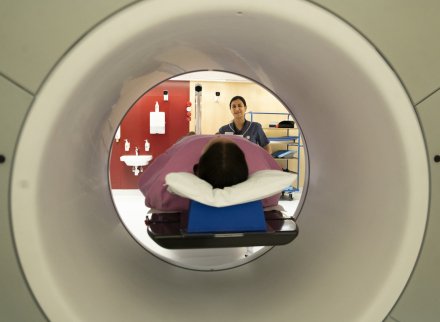
New radiation centre in Stockholm a joint effort for the future of cancer treatment
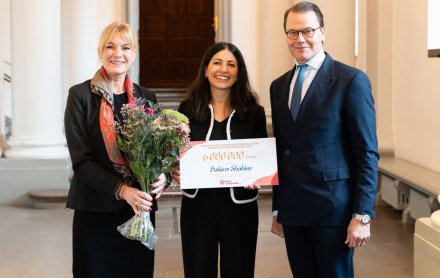
KI researcher awarded Prince Daniel’s Grant for groundbreaking heart research

Businessman Fredrik Lundberg donates SEK 30 million to colorectal cancer research

Vice-president Martin Bergö: “We owe it to humankind to use this technology”
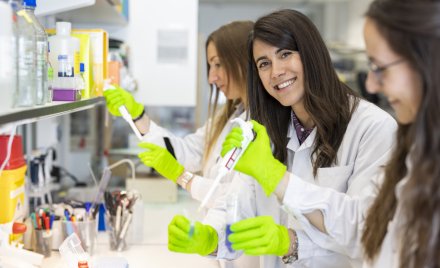
More than 2,700 applications for KI's 20 assistant professor positions

No link between paracetamol use during pregnancy and autism or ADHD in children

Ceremony, joy and world-class research as KI honours its new professors
Meet our researchers
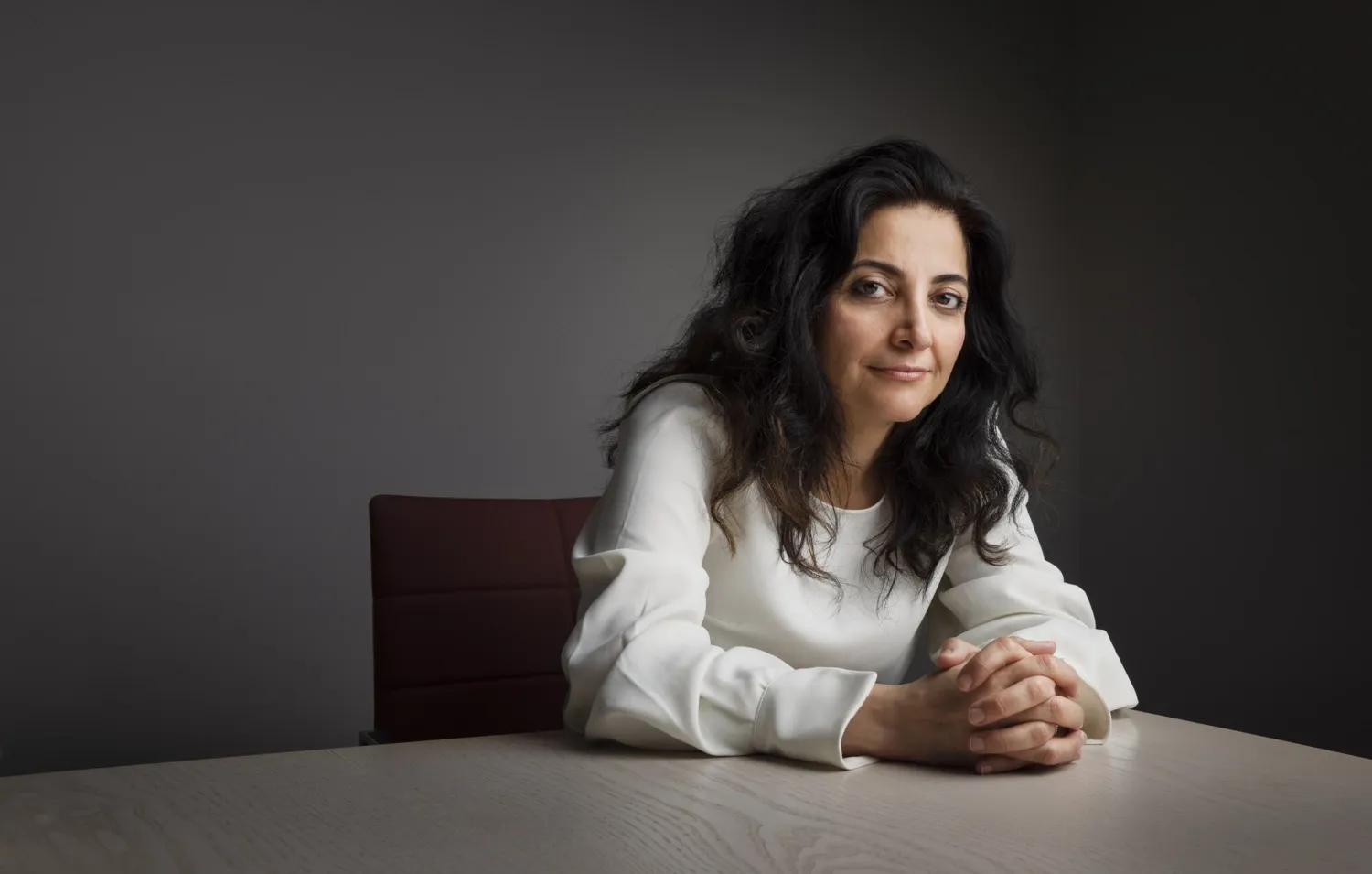 Photo: Martin Stenmark
Photo: Martin StenmarkShe saves lives after brain trauma
Forced to flee as a child, today Elham Rostami saves lives in emergency situations – and conducts research to understand why some patients with brain injuries recover unexpectedly well.
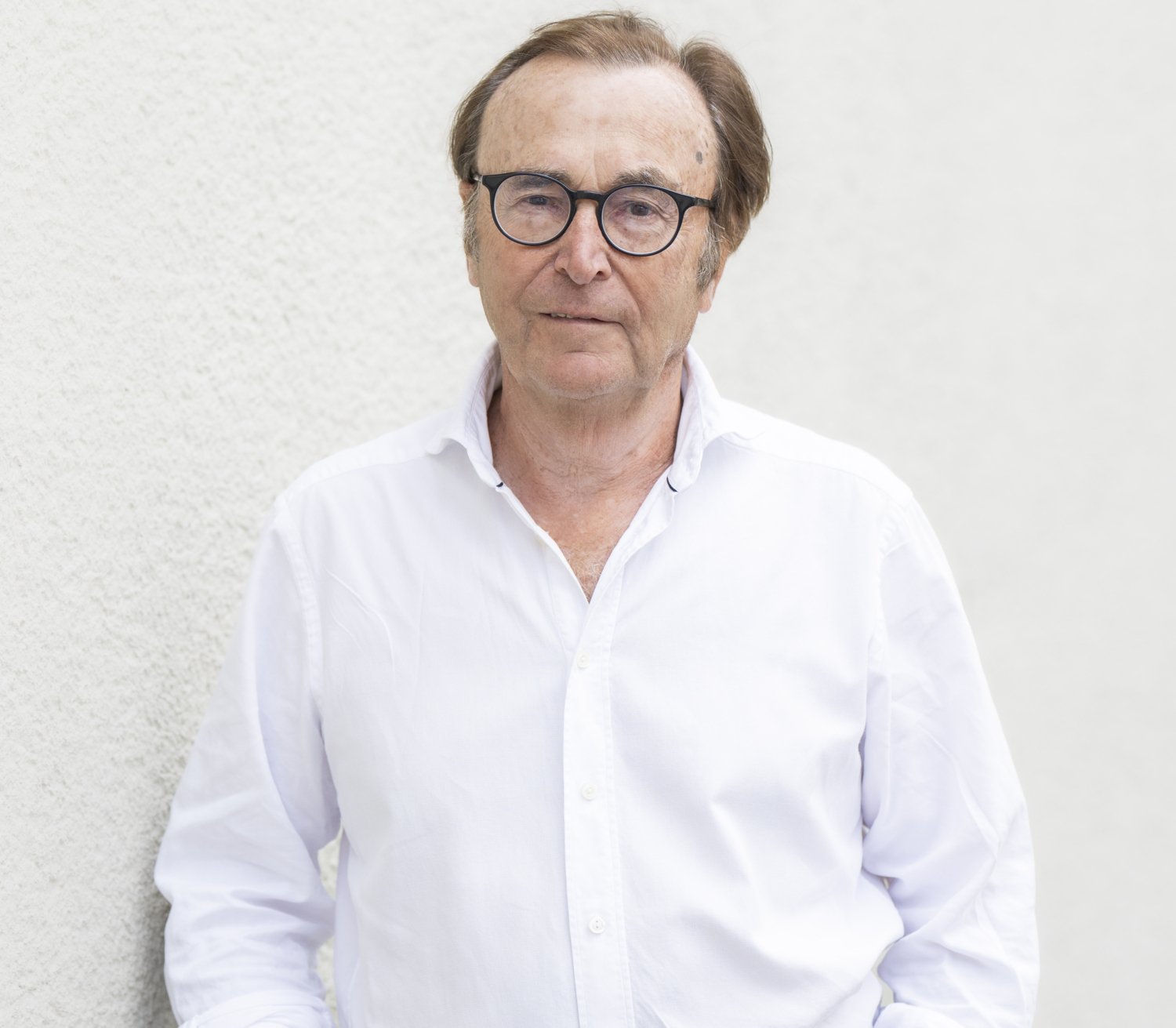 Photo: Linnea Bengtsson
Photo: Linnea BengtssonRolf Kiessling: “I thought something was wrong – but it was a new cell”
A puzzling experiment in the 1970s led to the discovery of a new type of immune cell. In 2025, the NK cells celebrate their 50th anniversary. Rolf Kiessling tells the story of the serendipitous finding that changed the course of his career.
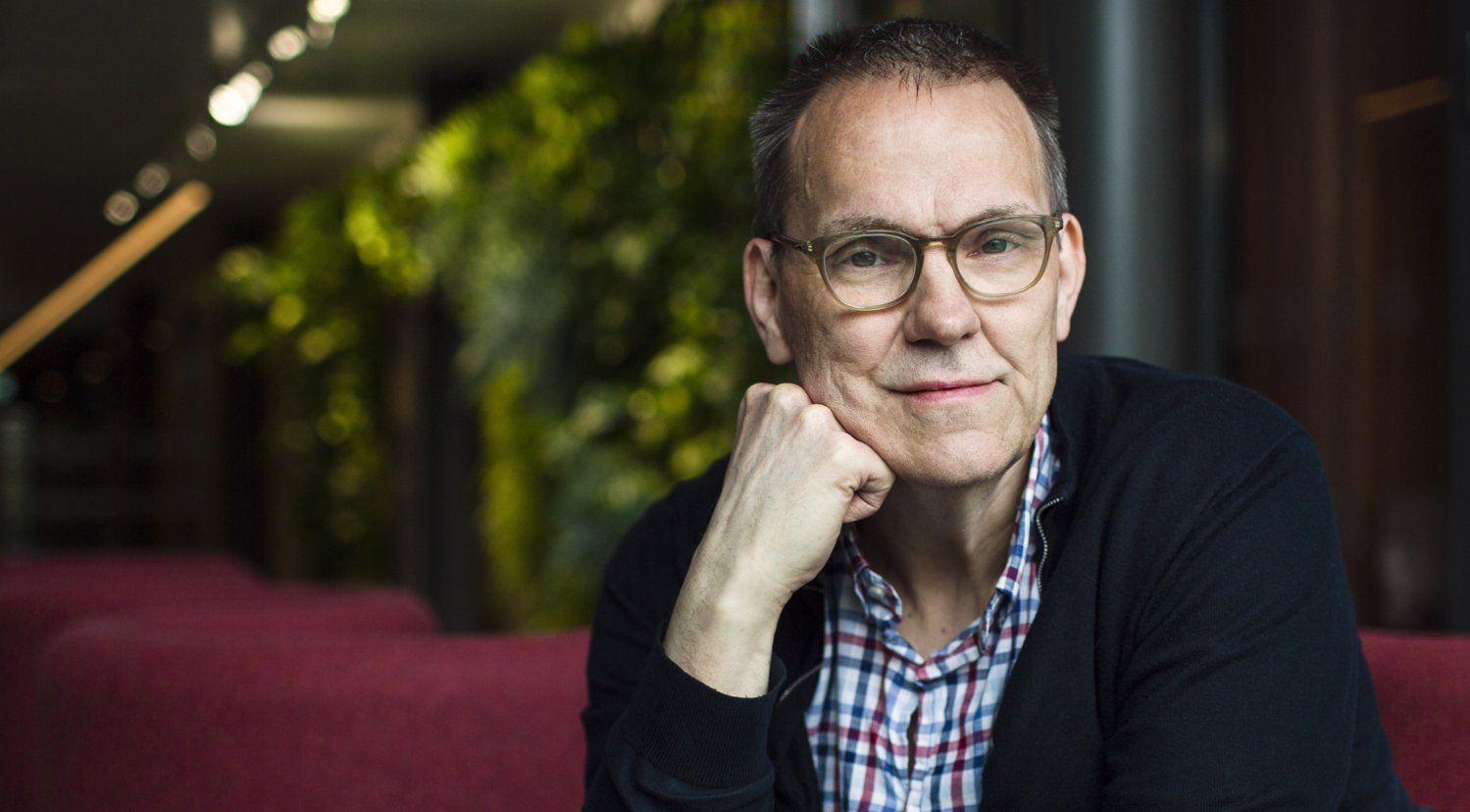 Photo: Martin Stenmark
Photo: Martin StenmarkPer Uhlén: Master in microscopy
When Per Uhlén was fourteen, he ended up in a wheelchair. Since then, he has become a professor, started three companies, and competed in two Paralympic Games. “Sometimes I feel like my life is a film,” he says.
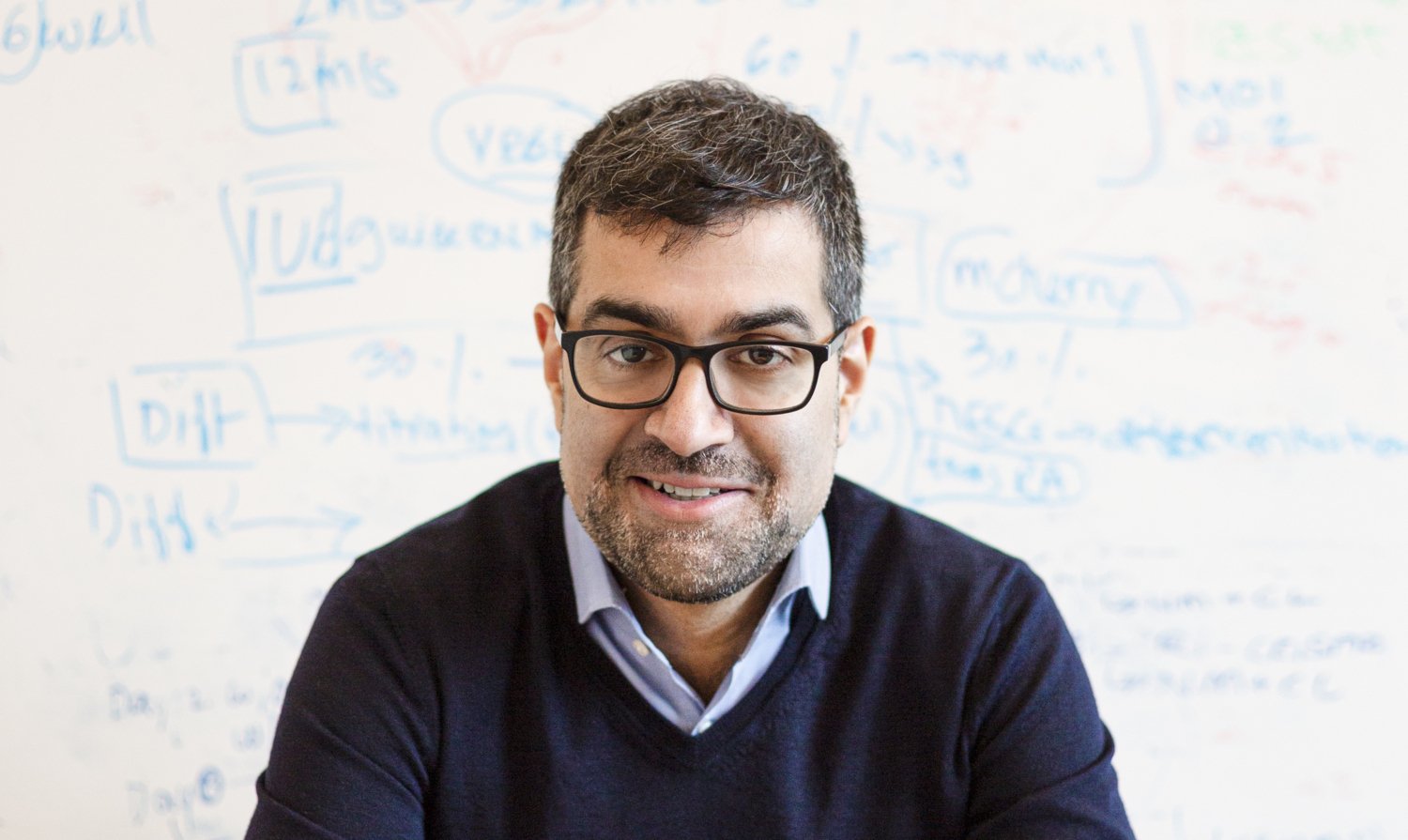 Photo: Martin Stenmark
Photo: Martin StenmarkGonçalo Castelo-Branco wants to fundamentally understand MS
His research shows molecular changes in brain cells when a person has Multiple sclerosis (MS). But it is still unclear whether they contribute to - or even protect against - the disease. Gonçalo Castelo-Branco is open to the answer.
In depth articles and features

Therapy more effective than pills for sleep problems
Among young people, the use of sleep medication has increased sharply – despite ongoing questions about the drugs’ effectiveness and long-term impact. Researchers now recommend psychological treatment instead.

Does the school day improve with a later start?
Theresa Lemke is collecting data from a study in which schools have tried adapting to teenagers’ “internal body clock” – by starting morning lessons a little later.

Digital twins provide answers to health
Medical digital twins are computerised versions of patients, enabling different treatments to be tested and the most effective one identified, without any risk to the patient’s health. And in the future, we will each have our own, according to researcher Mikael Benson.

Gut and mind – how they are connected
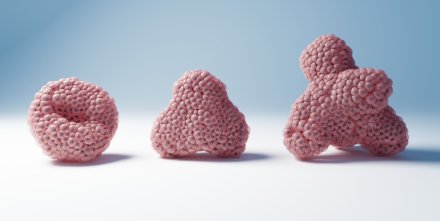
How mini organs can answer difficult research questions
Researchers are getting better at growing miniature organs and embryos in test tubes or on chips. This creates new opportunities for answering research questions while reducing the need for animal testing in some cases.
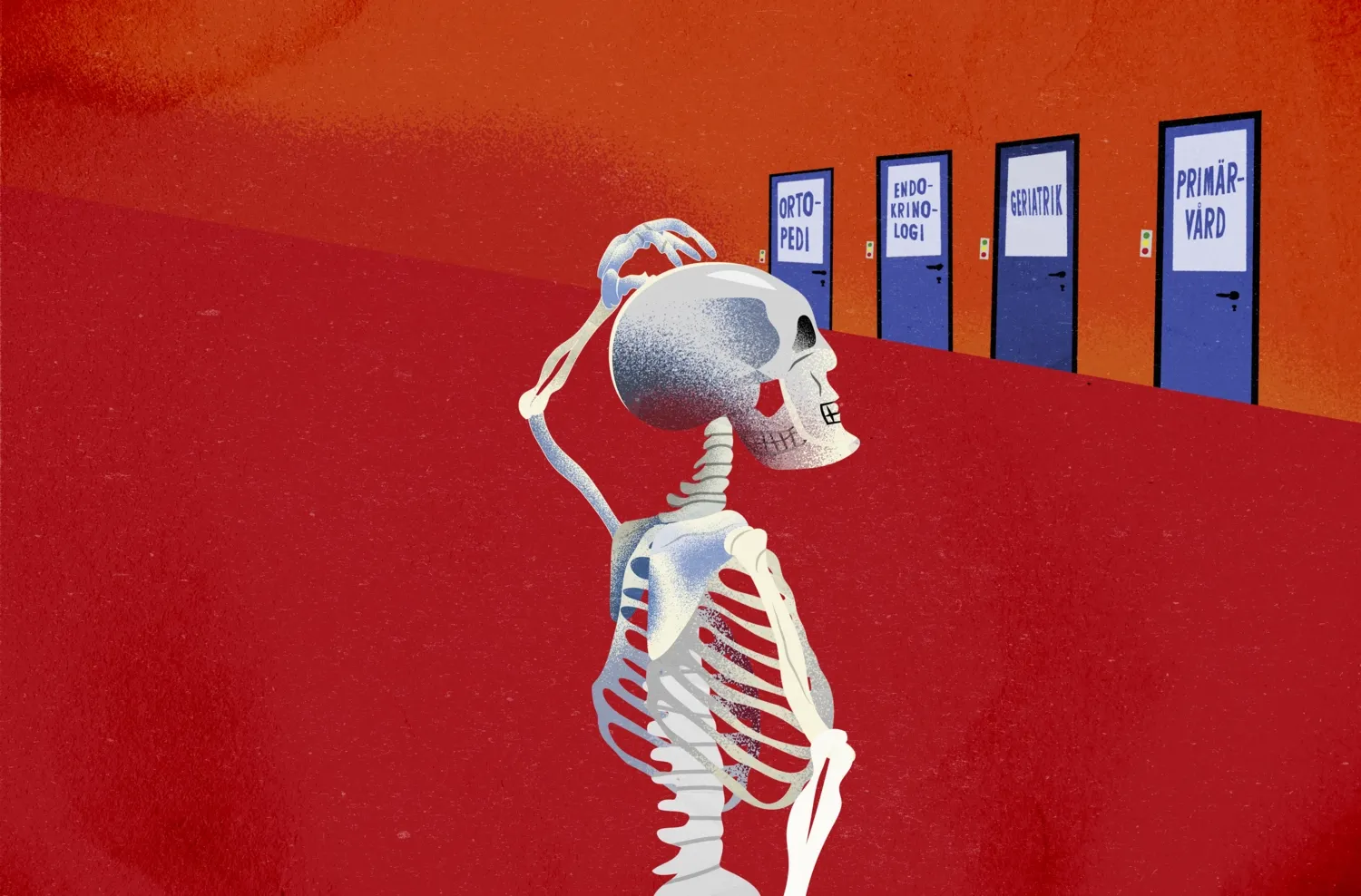 Photo: Jens Magnusson
Photo: Jens MagnussonOsteoporosis
 Photo: GettyImages,Getty Images/iStockphoto
Photo: GettyImages,Getty Images/iStockphotoAir pollution — the dirt we breathe
 Photo: Johan Nord
Photo: Johan NordPalliative care
 Photo: Arad Golan Coll
Photo: Arad Golan CollRadiotherapy charged with new energy
More on research at KI
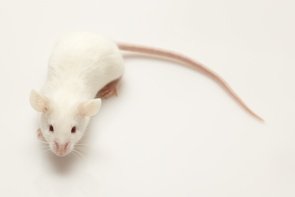
Animal research
Animal research is strictly regulated and comes under both Swedish and EU legislation on animal welfare.
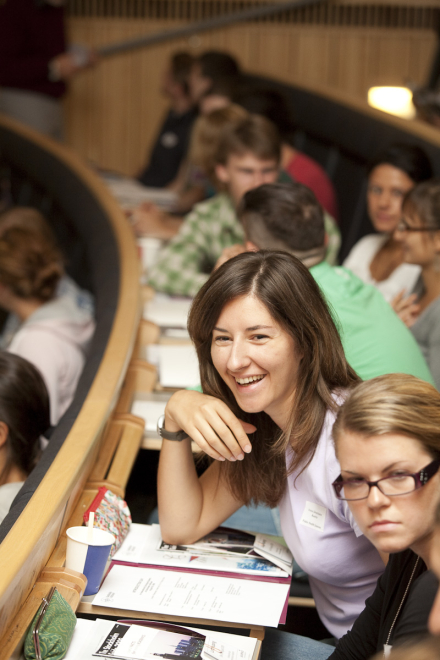
Collaboration worldwide
International collaborations are crucial for KI to fulfill our mission and strive towards better health for all.
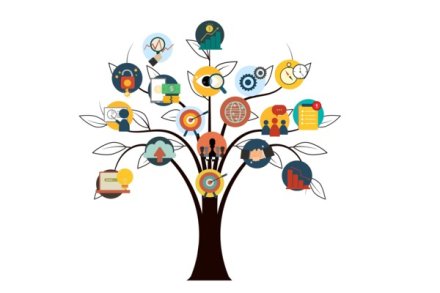
Departments and their research
The 21 departments at KI are central to the academic environment, with responsibilities encompassing scientific strategy, finance, and administration. Find an overview of their research areas.
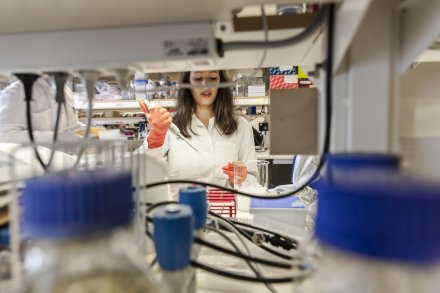
Doctoral education
World-class research and specialised research environments create a breeding ground for PhD studies at KI.

New doctoral theses
Each year, around 350 doctoral students at KI will present their thesis to their peers in science.

Preparedness for changing conditions in the US
Karolinska Institutet has initiated an enhanced preparedness to monitor, analyze, and respond to changes in the U.S. that may impact research and higher education.
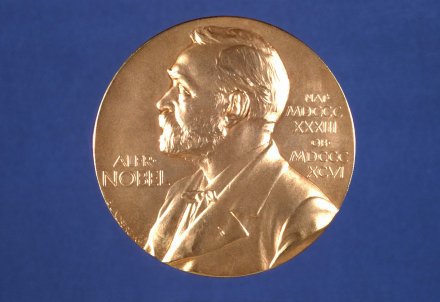
The Nobel Prize in Physiology or Medicine
In his will, Alfred Nobel appointed Karolinska Institutet to award the Nobel Prize in Physiology or Medicine.

Top publications list
Current articles to which our researchers have contributed and that have been published in selected top-ranked journals.

University Library
Find papers, advice about bibliometrics and publishing strategy, academic writing workshops, and much more.
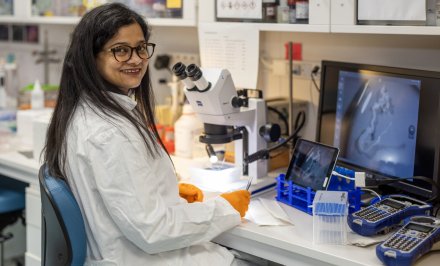
Working at KI
KI's vision is to be one of the leading medical universities in the world. Our committed and competent employees make this possible.
